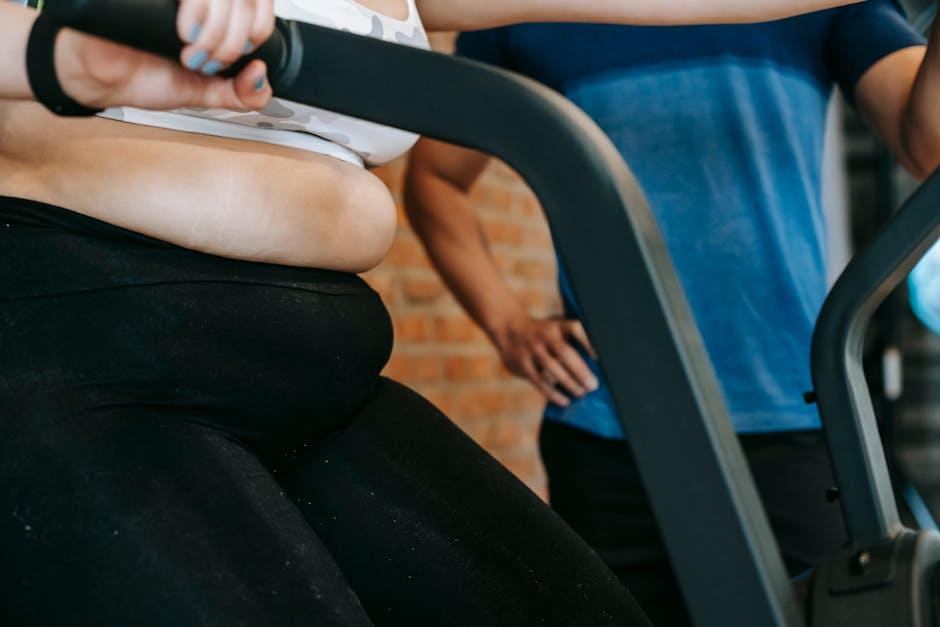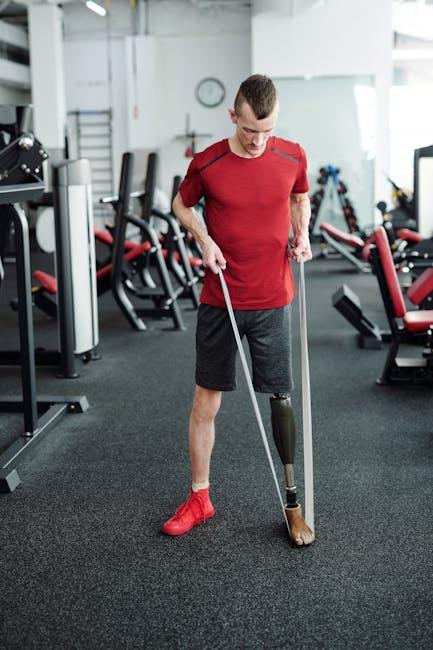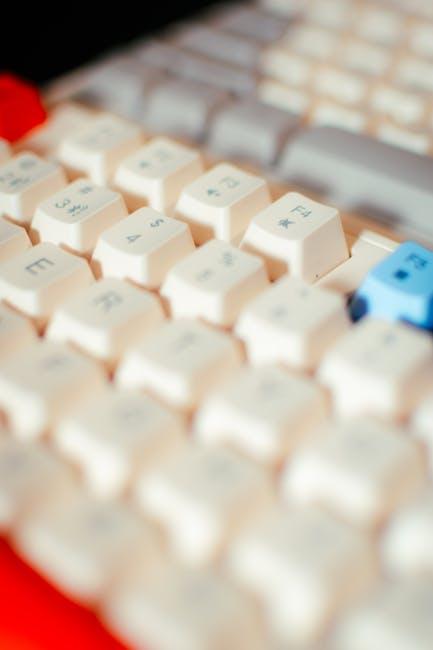In an era where technology seamlessly integrates with daily life, artificial intelligence has stepped beyond the realm of science fiction to become a trusted companion in personal health and fitness. Once confined to bulky machines and basic pedometers, fitness tracking has evolved into a sophisticated, intuitive experience powered by AI. From analyzing heart rates to customizing workout plans, AI-driven devices and apps are revolutionizing how individuals understand their bodies and achieve their wellness goals. This article explores the transformative role of AI in personal fitness tracking, unveiling the ways it personalizes motivation, enhances accuracy, and redefines the future of health monitoring.
The Evolution of AI in Personal Fitness Tracking

Over the past decade, advancements in artificial intelligence have revolutionized how we approach personal fitness monitoring. Early fitness trackers mainly counted steps and estimated calories burned, offering limited insight into overall health. Today’s AI-powered devices leverage sophisticated algorithms to analyze a multitude of biometric signals in real time, such as heart rate variability, sleep quality, and even emotional stress levels. This evolution has transformed wearables from simple tracking tools into intelligent fitness companions capable of providing tailored workout recommendations and predictive health warnings.
Key innovations in AI-driven fitness technology include:
- Adaptive coaching: Personalized workout plans dynamically adjusting based on progress and recovery.
- Predictive analytics: Early detection of potential injuries or health issues through pattern recognition.
- Holistic health integration: Combining fitness data with nutrition, mental wellness, and lifestyle factors.
| Feature | Early Trackers | Modern AI Devices |
|---|---|---|
| Data Types | Steps, Calories | Biometrics, Sleep, Stress |
| Personalization | Basic Goals | Dynamic Plans |
| Insights | Simple Metrics | Actionable Predictions |
Enhancing Accuracy and Personalization with Machine Learning

Machine learning transforms fitness tracking by refining its ability to interpret vast amounts of data with exceptional precision. Through continuous learning algorithms, these systems adapt to the user’s evolving habits, lifestyle, and physiological changes, delivering insights that are increasingly aligned with individual needs. Rather than relying on static metrics, machine learning models analyze patterns over time, discerning subtle shifts in performance or health indicators, and thereby providing alerts or recommendations that truly resonate with the user’s unique profile.
Personalization becomes the cornerstone of the modern fitness experience thanks to machine learning’s ability to tailor workout plans, nutrition advice, and recovery strategies. Features often enhanced include:
- Adaptive goal setting: Dynamic adjustment of targets based on progress and user feedback.
- Context-aware suggestions: Recommendations influenced by environmental factors like weather, sleep quality, or stress levels.
- Behavioral nudges: Timely encouragements that boost motivation and help maintain consistency.
| Feature | Benefit | Example |
|---|---|---|
| Real-time form analysis | Reduces injury risk | Instant feedback during workouts |
| Dietary intake tracking | Optimizes nutrition | Meal recommendations based on activity |
| Sleep pattern monitoring | Enhances recovery | Personalized rest day suggestions |
Integrating AI-Driven Insights into Daily Workout Routines

Harnessing AI technology within your workout enables a dynamic feedback loop that adapts in real-time to your progress and physical state. By analyzing patterns such as heart rate variability, sleep quality, and past performance data, AI provides tailored recommendations that optimize both intensity and recovery. This personalized approach not only maximizes results but also minimizes the risk of injury, ensuring each session is effective without being overwhelming.
Practical integration involves leveraging AI-powered apps or devices that offer features like:
- Adaptive workout plans that evolve based on your achievements and challenges.
- Real-time form analysis through motion sensors to improve technique and prevent strain.
- Nutrition suggestions aligned with your training phase and metabolic needs.
- Motivational feedback crafted from your specific habits and goals.
Below is a quick reference guide that contrasts traditional versus AI-enhanced workout benefits:
| Aspect | Traditional Approach | AI-Enhanced Approach |
|---|---|---|
| Workout Planning | Static routines | Adaptive, data-driven adjustments |
| Performance Monitoring | Manual tracking | Continuous real-time analysis |
| Injury Prevention | General advice | Personalized alerts and technique correction |
| Motivation | Self-driven | Contextual, AI-generated encouragement |
Best Practices for Choosing AI-Powered Fitness Trackers

When selecting an AI-powered fitness tracker, focus on devices that seamlessly integrate with your lifestyle while offering precise data. Prioritize trackers that not only monitor basic metrics like steps and calories but also utilize AI to analyze patterns, such as sleep quality and recovery rates. Look for features like adaptability to different workout types and customizable goal settings to ensure the device evolves with your fitness journey.
Key factors to consider include:
- Accuracy: Sensors must deliver reliable biometric readings.
- Smart coaching: AI should provide actionable insights, not just raw data.
- Battery life: Extended use without frequent recharging enhances user experience.
- Compatibility: Syncing effortlessly with your smartphone or apps is a must.
| Feature | Essential Benefit |
|---|---|
| Heart Rate Variability (HRV) | Optimizes workout intensity |
| AI Sleep Analysis | Improves recovery planning |
| Real-time Feedback | Enhances performance adjustments |
Wrapping Up
As the lines between technology and personal well-being continue to blur, AI-driven fitness tracking emerges not just as a tool, but as an evolving companion on our journey toward health. Whether through subtle nudges or in-depth insights, AI holds the promise of making personalized fitness more accessible, intelligent, and adaptive than ever before. In embracing this fusion of silicon and sweat, we stand at the threshold of a new era-one where our bodies and algorithms work in harmony to unlock potential previously unimagined. The future of fitness is smart, responsive, and uniquely yours.










